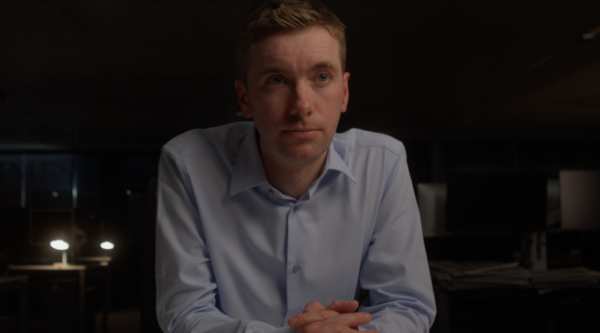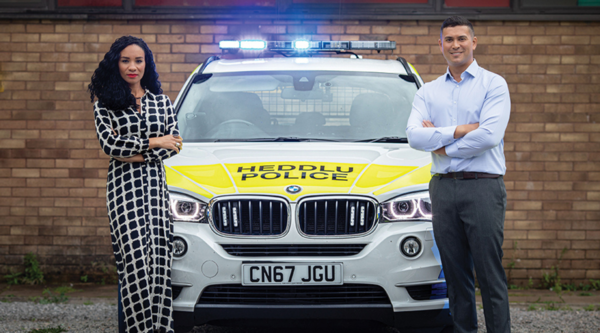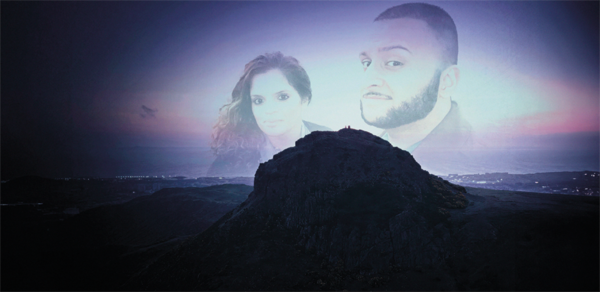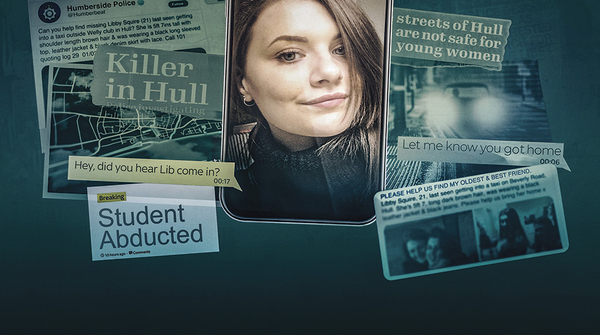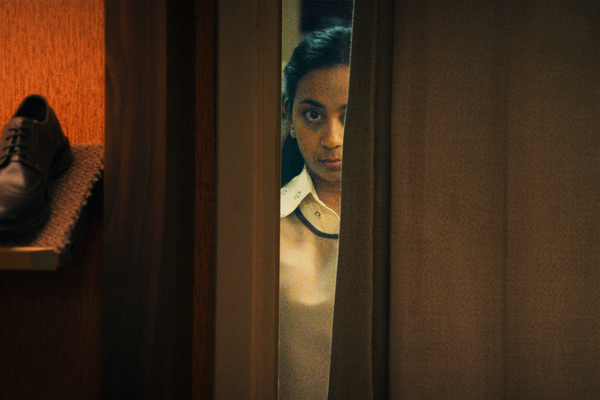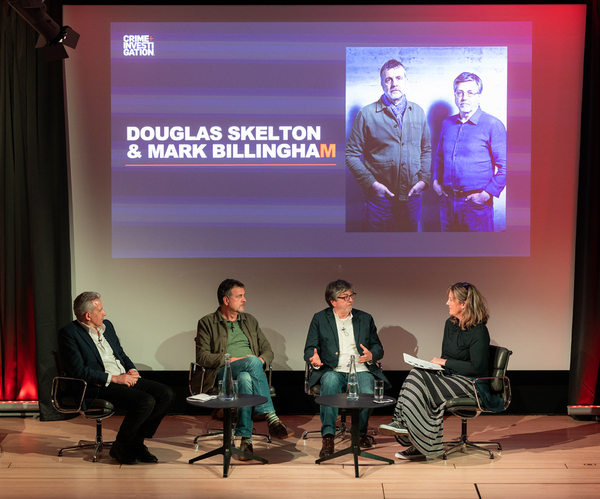Channel 4 commissions documentary into chef allegedly involved in hundreds of assisted suicides
Kenneth Law lives in Toronto, and is accused of sending over 1,000 packages of poison around the world to people intent on dying by suicide.
The deaths allegedly connected to Law now number in the hundreds, including 97 in the UK. Due to stand trial for numerous counts of first-degree murder in Canada, a conviction would officially make Law one of the most prolific killers in history.

